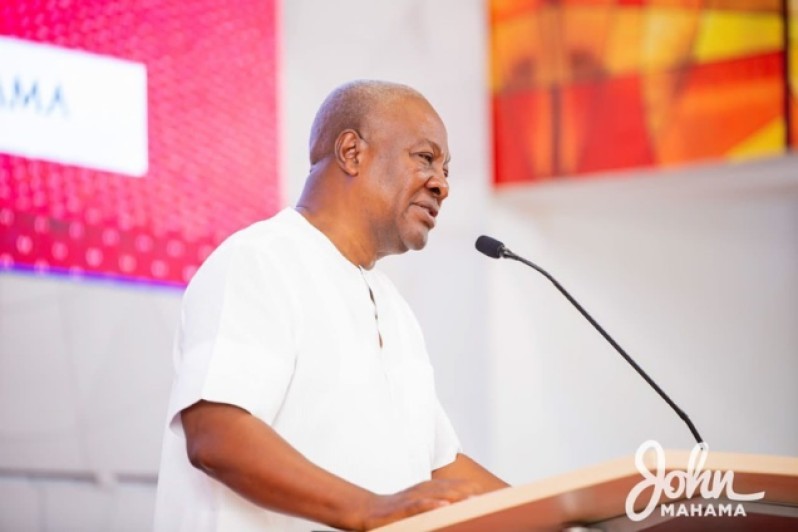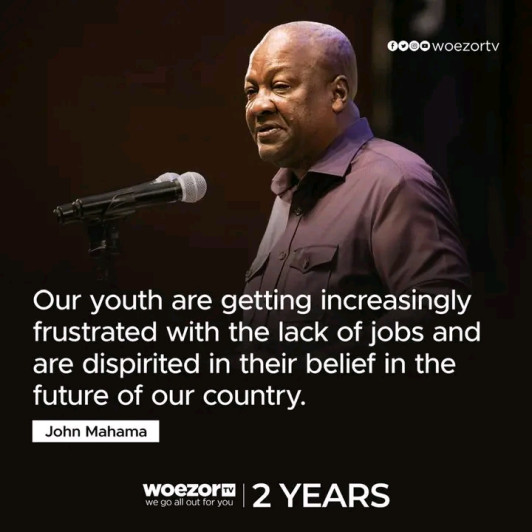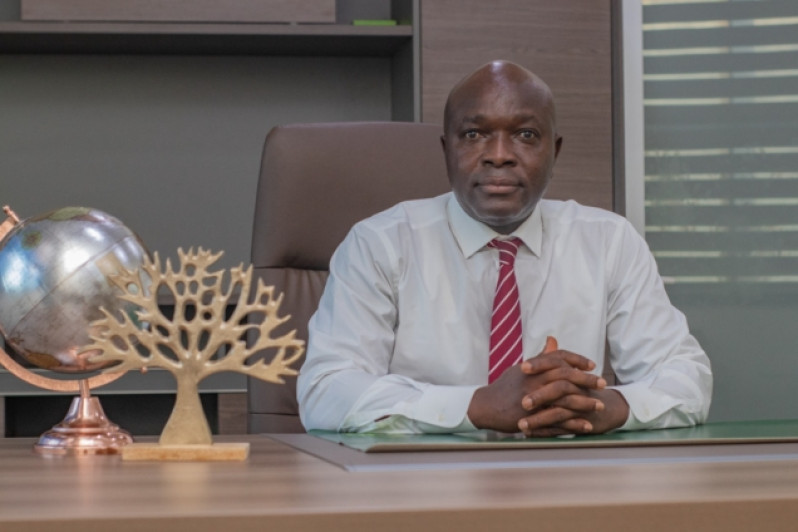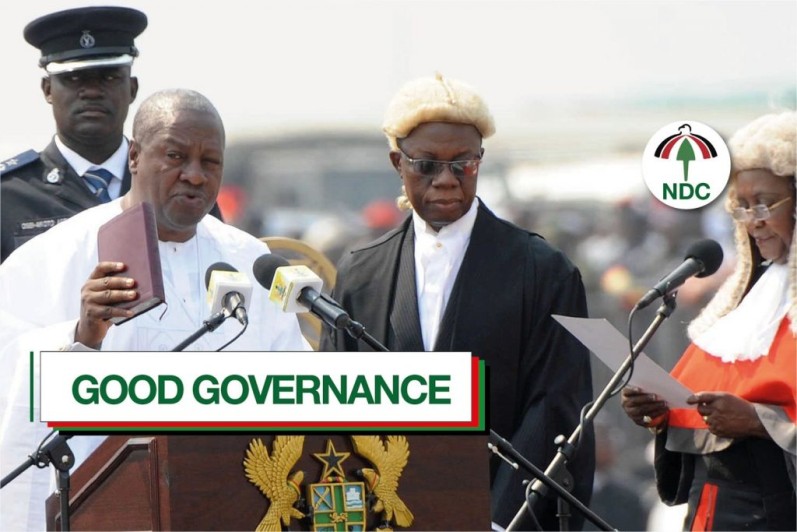
Good Governance
Good governance, transparency and the fight against corruption are fundamental to building a stable and prosperous nation. Citizens can draw confidence from Ghana’s impressive progress in this area – and our work continues.
The first step towards transforming our country into the Ghana we all aspire to involves embedding the principles of good governance, transparency and accountability more deeply into our national culture while continuing our fight against corruption.
Under our leadership, Ghana has performed impressively in global rankings measuring the most important governance indicators − human rights, transparency and rule of law. What’s more, we have a vibrant civil society and active media that act as the nation’s eyes and ears in a free and open environment.
Strengthening institutions
We have taken decisive steps to ensure that the physical design and structure of our Parliament equips Members of Parliament (MPs) to carry out their responsibilities to our citizens more efficiently and effectively.
Our Job 600 project, for example, has made office accommodation available to MPs, enabling them to carry out their mandates more easily. We have also reconfigured the chamber of Parliament to adequately accommodate all 275 MPs and equipped the space with modern communication tools that enable MPs to better carry out their legislative functions.
Above all, Parliament is here to serve the interests of our citizens. With accountability and accessibility in mind, Parliament is benefiting from our e-Transform program. The e-Parliament element of this ground-breaking initiative will allow the near-paperless flow of information while improving the way Parliament operates and allowing citizens to participate more actively in government.
Our e-Transform initiative is also benefiting Ghana’s Judiciary. Through the e-Justice component of this initiative, Government has injected US$5 million towards video-conferencing and telepresence equipment that allows the Judicial Service to have face-to-face interaction with judges in Accra, Kumasi and Takoradi.
Government also financed the construction of a modern, multiple-court complex in Accra, where our Judiciary can administer justice in a conducive environment.
To plug gaps in existing laws and introduce laws to meet contemporary and future challenges, Government has rolled out a comprehensive legislative agenda. This has involved preparing a raft of legislative instruments, laws, constitutional instruments and other legal tools and putting them before Parliament for approval. Many have been passed into law, some are awaiting passage while others are still under preparation.
We have intensified the fight against corruption and reinforced our efforts to protect the public purse by strengthening key state institutions. In parallel, we are carrying our extensive reforms to stem the tide of judgment debts after the Sole Commissioner on judgment debts presented his report.
This strategy is already delivering positive results. Through greater vigilance and careful scrutiny, the Attorney General’s office has prevented the payment of huge judgment debts or, in some cases, substantially reduced the state’s obligation
Disclaimer: "The views expressed on this site are those of the contributors or columnists, and do not necessarily reflect 24houreconomy.org’s position. 24houreconomy.org will not be responsible or liable for any inaccurate or incorrect statements in the contributions or columns here."
Share On Social Media 888
Other Stories
Mahama’s 24-hour economy is crucial and timely for Ghana’s junk-economy
The need of policy framework for a 24-Hour economy in Ghana
Charting a new course for Ghana's Development:24-hour economy vision-Prince Ibrahim
Meaning, Operations and Impact of 24-Hour Policy on Ghana’s Economy
Benefits of 24-Hour Economy in Health Sector- the Perspective of a Health Professional in the UK
The 24-Hour Economy And Its Importance To Ghana’s Economic Growth
24-Hour economy to solve rising unemployment issues in Ghana:
24-HOUR ECONOMY
Economy
Related News
News
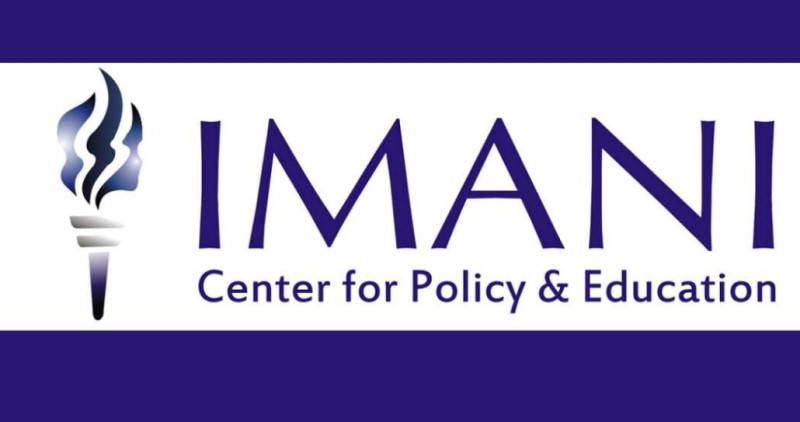
24-Hour economy policy a major improvement on past fragmented initiatives – IMANI Africa
Read More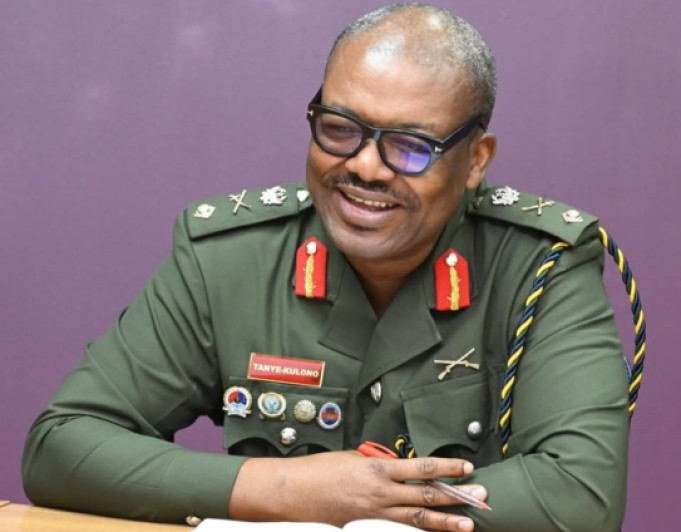
GPHA launches full 24-hour operations at Tema and Takoradi Ports in response to presidential directive
Read More



